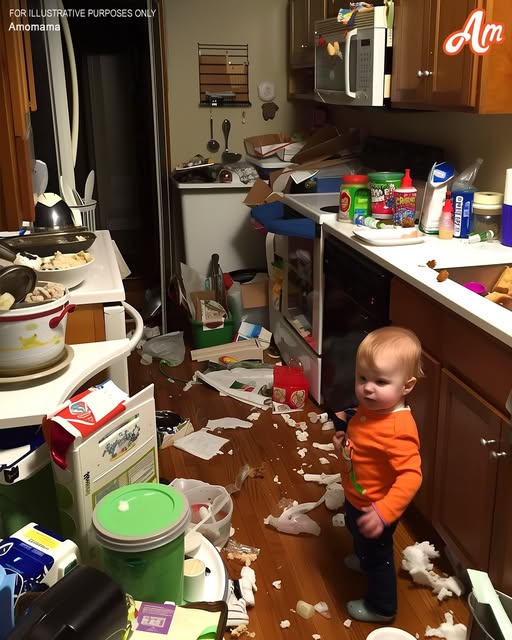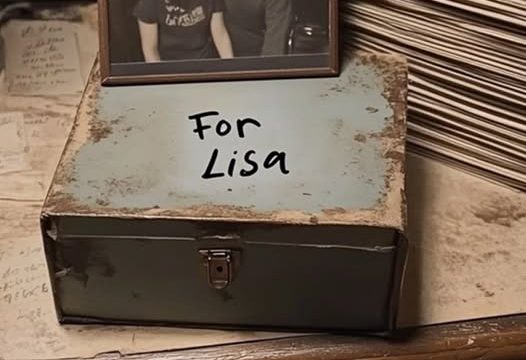
Returning home after a business trip, I was greeted not by the comfort of my tidy sanctuary but by utter chaos. The house was in disarray—dirty dishes piled up, toys and clothes strewn everywhere, and an overflowing trash can. My meticulous preparations before leaving, including meal prepping and organizing the kids’ schedules, seemed to have been in vain.
The Unanticipated Homecoming
Walking through the door, I was overwhelmed by the sight of my once orderly home now in shambles. The kitchen sink overflowed with dirty dishes, the living room was a minefield of toys and laundry, and the air was thick with neglect. It was as if my efforts to ensure a smooth week in my absence had been completely disregarded.
Confronting the Issue
When my husband returned home, his nonchalant attitude added fuel to my frustration. He casually mentioned that the meals I had prepared weren’t sufficient and seemed oblivious to the state of the house. His words, “You know how to handle all this stuff better than I do. It’s kind of your thing,” echoed in my mind, highlighting a deep-seated issue of unacknowledged labor and responsibility.
Taking a Stand
Determined to make a point, I decided to leave for the weekend, entrusting the household and children entirely to my husband. I left a note on the fridge:
“Gone for the weekend. Your turn to handle the house and kids. Good luck.”
I spent the next two days at a spa resort, disconnecting from the chaos and allowing myself the rest I deserved.
The Aftermath
Upon my return, the sight of a frazzled husband and disheveled children spoke volumes. The house was still in disarray, but the message had been received. My husband admitted, “I didn’t realize how much you do. I thought it was easy because you make it look easy. I’m sorry.”
Implementing Change
This experience was a turning point. We established a new system where household responsibilities were shared. My husband took on cooking and cleaning duties on designated days, and the children were assigned age-appropriate chores. This shift not only lightened my load but also fostered a sense of teamwork and mutual respect within the family.
The Importance of Shared Responsibility
This situation underscores a common issue in many households—the undervaluation of domestic labor, often disproportionately shouldered by one person. By redistributing these tasks, families can function more harmoniously, and each member gains a greater appreciation for the efforts involved in maintaining a home.
Conclusion
Sometimes, stepping back is necessary to allow others to step up. By asserting the need for shared responsibility, I reclaimed my value within the household. This experience was not just a lesson for my family but also a reminder to all that domestic duties are a collective endeavor, essential for a balanced and respectful home environment.





